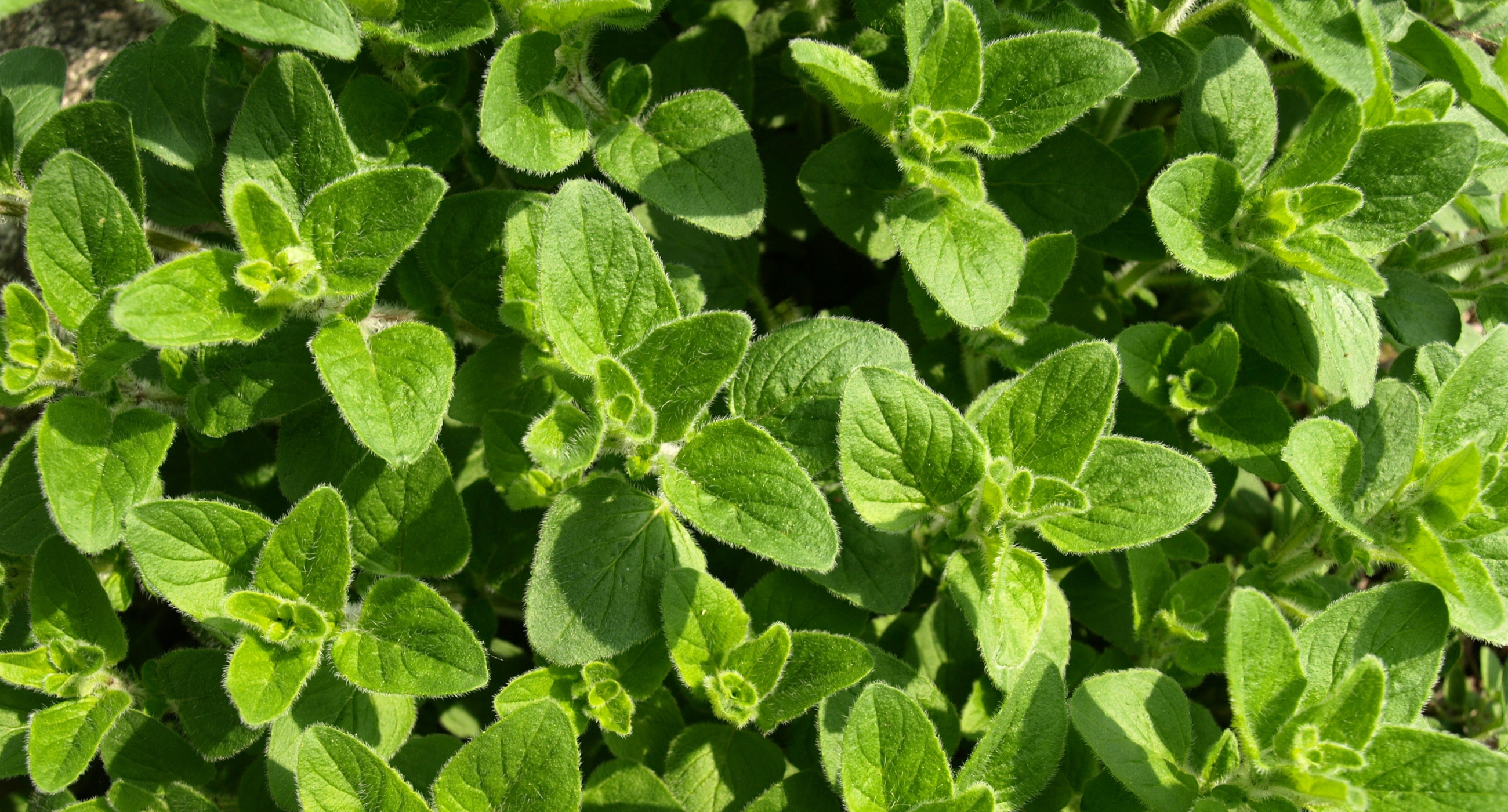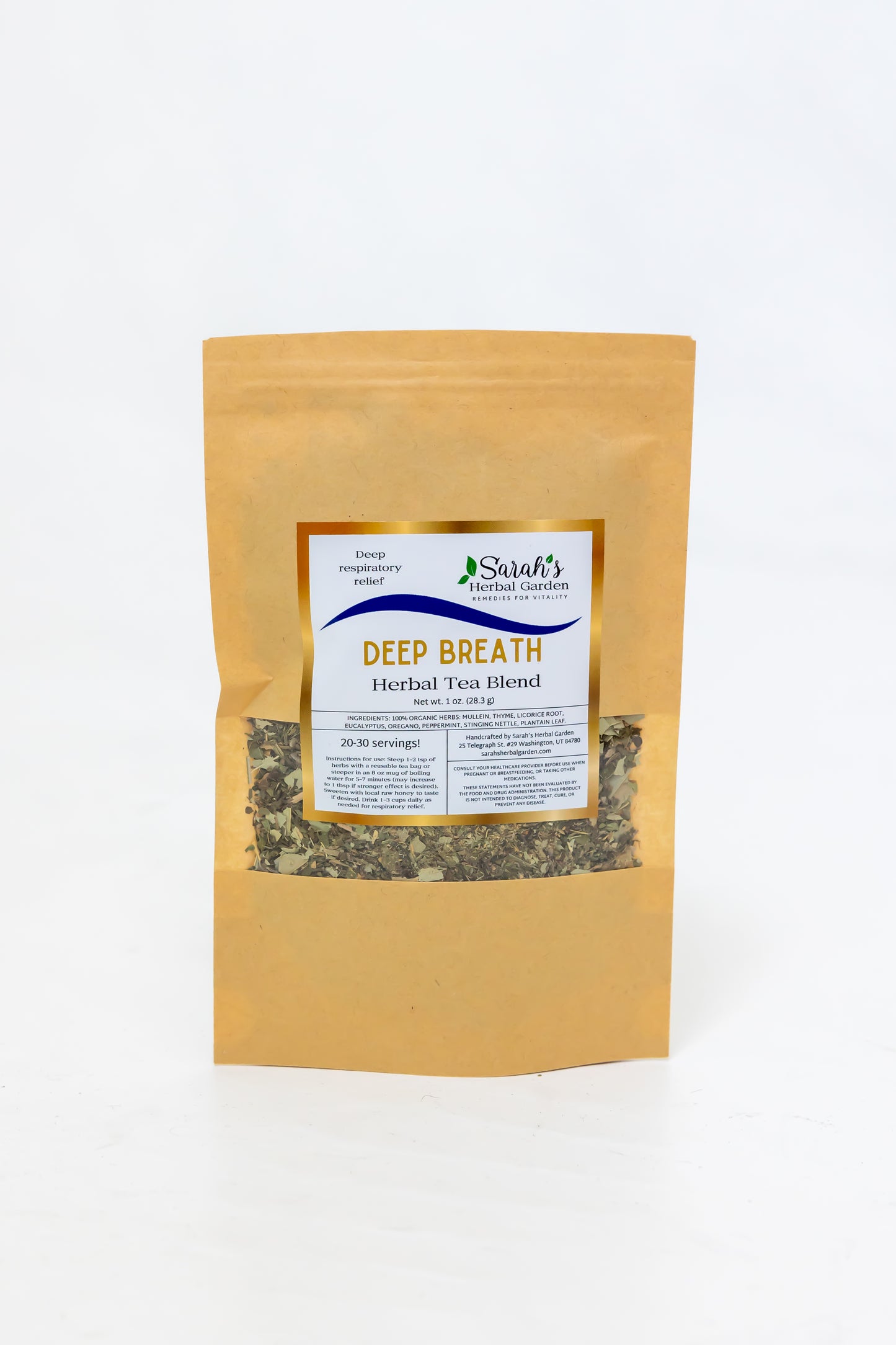
Oregano
Scientific Name: Origanum vulgare
Herbal Profile: Oregano (Origanum vulgare)
Botanical Information
- Scientific Name: Origanum vulgare
- Family: Lamiaceae (Mint family)
- Common Names: Oregano, Wild Marjoram, European Oregano
Description
- Plant Type: Perennial herb
- Height: 30-90 cm (12-36 inches)
- Leaves: Oval, dark green, 1-4 cm long
- Flowers: Small, pink or purple, clustered spikes
- Aroma: Strong, pungent, and slightly bitter
Habitat
- Native Region: Mediterranean region
- Growing Conditions: Prefers well-drained soil and full sun; drought-tolerant once established
Culinary Uses
- Flavor Profile: Warm, aromatic, and slightly bitter
- Common Uses: Essential in Italian, Greek, and Mexican cuisines; used in tomato sauces, pizzas, grilled meats, and vegetables
Medicinal Uses
- Antioxidant: Contains high levels of antioxidants, which help protect the body from damage by free radicals
- Antimicrobial: Exhibits antibacterial, antifungal, and antiviral properties
- Anti-inflammatory: May help reduce inflammation due to its compounds like thymol and rosmarinic acid
- Digestive Aid: Stimulates the production of digestive juices, improving digestion
- Respiratory Health: Used in traditional medicine to treat respiratory conditions like coughs and bronchitis
Active Compounds
- Carvacrol: A phenol with powerful antimicrobial properties
- Thymol: An antiseptic and antifungal agent
- Rosmarinic Acid: An antioxidant with anti-inflammatory properties
- Terpenes: Including pinene and terpinene, contributing to its aroma and therapeutic effects
Preparation and Dosage
- Tea: Steep 1-2 teaspoons of dried oregano leaves in hot water for 10-15 minutes
- Essential Oil: Used in aromatherapy and diluted for topical applications. Not recommended for internal use without professional guidance
- Tincture: Can be taken in small doses (usually 1-2 ml) up to three times daily
Precautions
- Allergies: May cause allergic reactions in individuals sensitive to plants in the Lamiaceae family
- Pregnancy and Breastfeeding: Consult a healthcare provider before use
- Drug Interactions: May interact with medications, particularly those metabolized by the liver
Other Uses
- Insect Repellent: Used in natural insect repellent formulations
- Aromatherapy: Employed for its uplifting and purifying properties
Summary
Oregano is a versatile herb with significant culinary and medicinal value. Its rich array of active compounds provides various health benefits, making it a valuable addition to both the kitchen and the home medicine cabinet.
1
/
of
2
Sarah's Herbal Garden
Deep Breath {Respiratory Relief Herbal Tea Blend}
Regular price
$12.00 USD
Regular price
$0.00 USD
Sale price
$12.00 USD
Unit price
/
per
Shipping calculated at checkout.
Share


